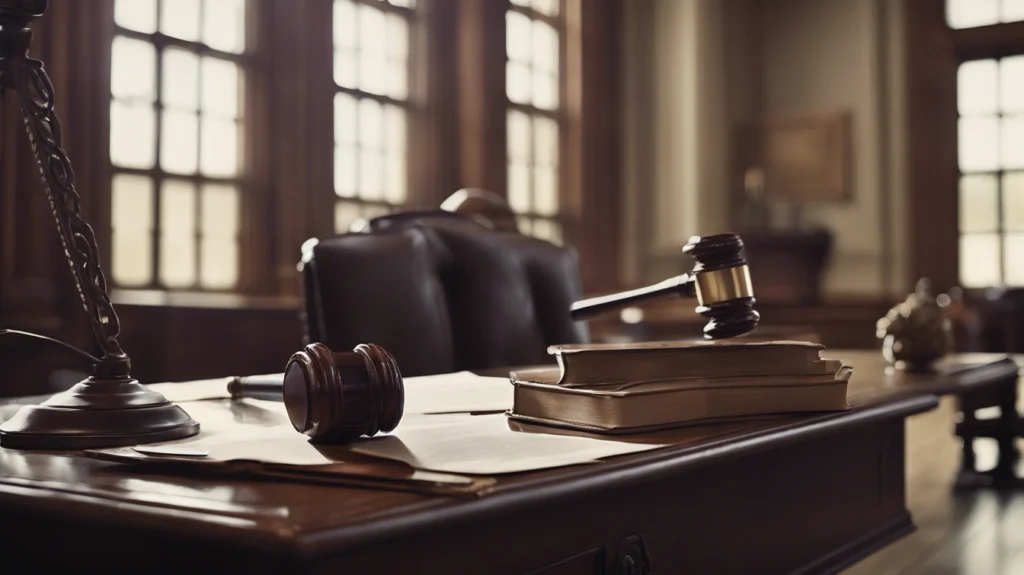Reasons Why You Need a Probate Attorney
Probate is the legal process that occurs after someone passes away. It involves the distribution of their estate according to their will or, if there is no will, under New York State law. The process can be complex, time-consuming, and emotionally draining, especially for grieving families. This is why having a knowledgeable probate attorney by your side is crucial. At Morgan Legal Group, we specialize in probate and estate administration, guiding our clients through this challenging time with expertise and compassion.
Understanding the Probate Process in New York
In New York, probate is required when a person dies with assets that must be distributed. The Surrogate’s Court oversees this process, ensuring the deceased’s debts are paid, and the remaining assets are distributed according to the will or state law. The executor, named in the will, manages the estate throughout probate. However, executors can face numerous challenges without proper legal guidance that may lead to delays, disputes, or even legal liability.
The Role of a Probate Attorney
A probate attorney plays an essential role in navigating the legal complexities of the probate process. From validating the will to managing estate taxes, a skilled attorney ensures that every step is handled correctly and efficiently. Below are some of the critical tasks that a probate attorney will assist with:
1. Validating the Will
The first step in the probate process is to validate the deceased’s will. This involves submitting the will to the Surrogate’s Court, where it will be reviewed to ensure it meets all legal requirements. A probate attorney can help ensure the will is properly validated and any potential challenges are addressed swiftly.
2. Managing and Valuing Estate Assets
One of the most critical responsibilities during probate is managing and valuing the deceased’s estate. This includes identifying all assets, appraising their value, and ensuring they are properly maintained during the probate process. A probate attorney in New York has the expertise to accurately value assets and handle any complications that may arise, such as locating hidden assets or dealing with complex property issues.
3. Addressing Debts and Taxes
Before the assets can be distributed to beneficiaries, the estate must settle any outstanding debts and taxes. This can include paying off creditors, handling final income taxes, and managing estate taxes. New York has specific laws regarding estate taxes, and failing to comply with these regulations can result in penalties. A probate attorney ensures that all debts and taxes are paid accurately and on time, preventing legal issues.
4. Distributing Assets to Beneficiaries
Once all debts and taxes have been settled, the remaining assets can be distributed to the beneficiaries according to the will. If there is no will, New York’s intestacy laws dictate how the assets will be distributed. A probate attorney can facilitate this process, ensuring the distribution is carried out correctly and efficiently. In cases where beneficiaries dispute their share, an attorney can help mediate and resolve conflicts, protecting the estate from potential litigation.
Why You Need a Probate Attorney in New York
While it is possible to navigate probate without an attorney, doing so can be risky and overwhelming. Here are several reasons why hiring a probate attorney in New York is essential:
1. Expertise in New York State Law
Probate laws vary by state, and New York has its own set of rules and regulations that must be followed. A probate attorney with experience in New York law can navigate these complexities, ensuring that the estate is handled according to the state’s legal requirements. This expertise is particularly valuable in cases involving high-value estates, complex family dynamics, or disputed wills.
2. Reducing Stress During a Difficult Time
Grieving the loss of a loved one is difficult enough without the added burden of managing their estate. By hiring a probate attorney, you can alleviate some of this stress, knowing that an expert is handling the legal aspects of the process. This allows you to focus on healing and spending time with your family during this challenging time.
3. Preventing and Resolving Disputes
Family disputes over the distribution of assets can arise during probate, especially if there are disagreements over the terms of the will or if there is no will at all. A probate attorney can help prevent these disputes by providing clear legal guidance and mediating conflicts before they escalate into costly litigation. If a dispute does arise, an attorney can represent the estate in court, protecting the interests of the beneficiaries and ensuring a fair resolution.
4. Ensuring Timely and Accurate Administration
The probate process can be time-consuming, often taking several months to complete. Without proper legal guidance, the process can drag on even longer, leading to delays in the distribution of assets. A probate attorney ensures that all paperwork is filed correctly and on time, speeding up the process and minimizing the risk of errors that could cause further delays.
Common Challenges in Probate and How a Lawyer Can Help
Probate is not always a straightforward process. Various challenges can arise, from locating all of the deceased’s assets to dealing with creditors or disgruntled family members. Below are some common challenges in probate and how a probate attorney can help:
1. Contested Wills
One of the most common challenges in probate is a contested will. This can happen if someone believes the will is invalid or that the deceased was under undue influence when creating it. A probate attorney can defend the validity of the will, provide evidence in court, and work to resolve disputes amicably.
2. Complex Estates
Estates that include multiple properties, businesses, or international assets can complicate the probate process. A probate attorney can manage these complexities, ensuring that all assets are properly accounted for and distributed according to the will or state law.
3. Tax Issues
New York has specific tax laws that apply to estates, including estate taxes that can affect how much is ultimately passed on to beneficiaries. A probate attorney can help navigate these tax laws, ensuring that the estate complies with all regulations and minimizing the tax burden on the estate and its beneficiaries.
Conclusion
The probate process in New York can be complicated and fraught with potential pitfalls. Whether you are an executor tasked with administering an estate or a beneficiary concerned about your inheritance, having a probate attorney on your side is invaluable. At Morgan Legal Group, we understand the intricacies of New York probate law and are committed to confidently helping our clients navigate the process. Contact us today to learn how we can assist you during this difficult time.









